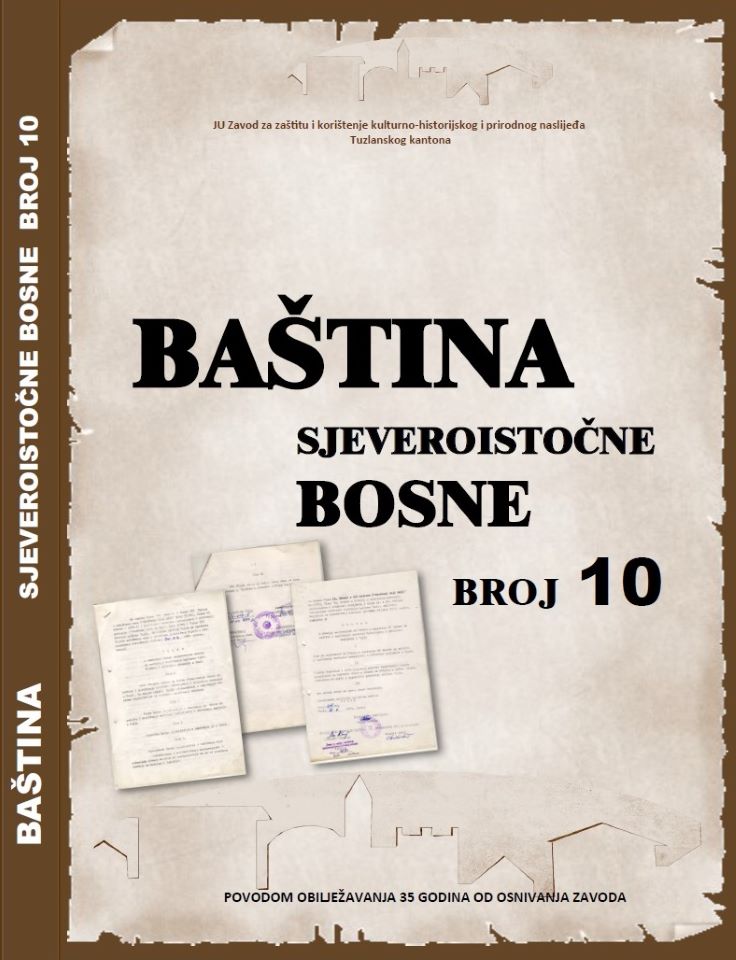UZURPACIJA MEKTEBA KAO REFLEKSIJA NEGIRANJA IDENTITETA BOŠNJAKA U POSLIJERATNOM PERIODU NOVE JUGOSLAVIJE NA PRIMJERU TUZLE I NJENE OKOLINE
USURPATION OF RELIGIOUS SCHOOLS (MEKTEB) AS A REFLECTION OF NEGATION OF BOSNIAK IDENTITY IN THE POSTWAR PERIOD OF THE NEW YUGOSLAVIA IN THE EXAMPLE OF TUZLA AND ITS SURROUNDINGS
Author(s): Šefko SulejmanovićSubject(s): Ethnohistory, Local History / Microhistory, Islam studies, Post-War period (1950 - 1989), History of Communism, Politics and Identity, Identity of Collectives
Published by: JU Zavod za zaštitu i korištenje kulturno-historijskog i prirodnog naslijeđa
Keywords: New Yugoslavia; Muslims / Bosniaks; identity; Communist Party; Tuzla and its surroundings; religious school; usurpation and confiscation;
Summary/Abstract: The new, socialist Yugoslavia, with the Communist Party at its head, advocated radical clearing with all the recurrences of the retrograde civic past, and the creation of a "new socialist man". In the State of proclaimed fraternity and unity, the national identity of Muslims in the postwar years was perfidiously disputed, although it was explicitly confirmed in all documents during the national liberation struggle. The political challenge of the Muslim national identity had severe and far-reaching consequences. A number of measures brought by the new state power, in order to weaken and marginalize the religion, a large number of religious and cultural objects of Muslims, and above all religious school (Mekteb), was confiscated and converted into national schools.
Journal: Baština
- Issue Year: 10/2018
- Issue No: 10
- Page Range: 109-132
- Page Count: 24
- Language: Bosnian

